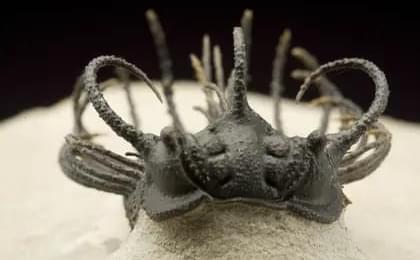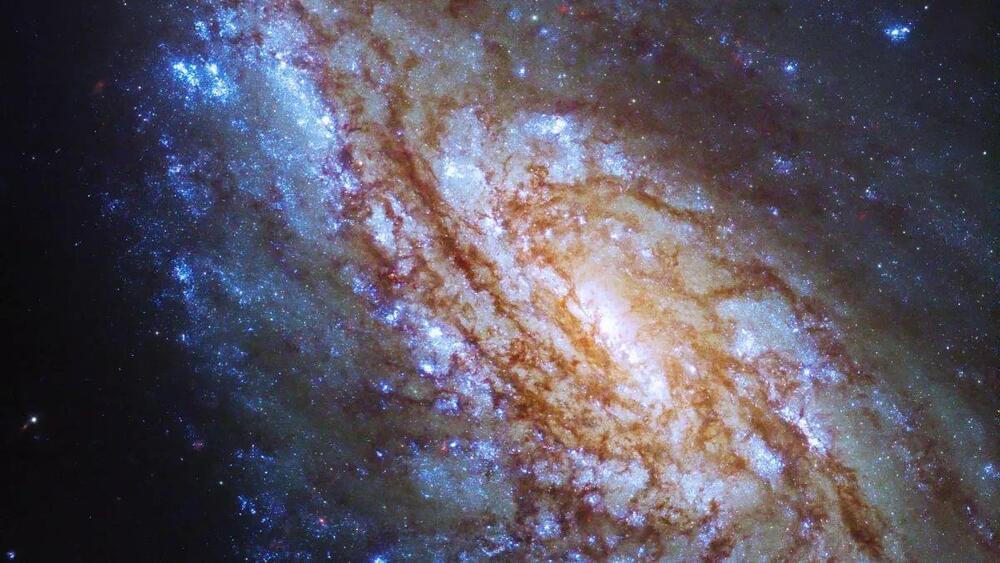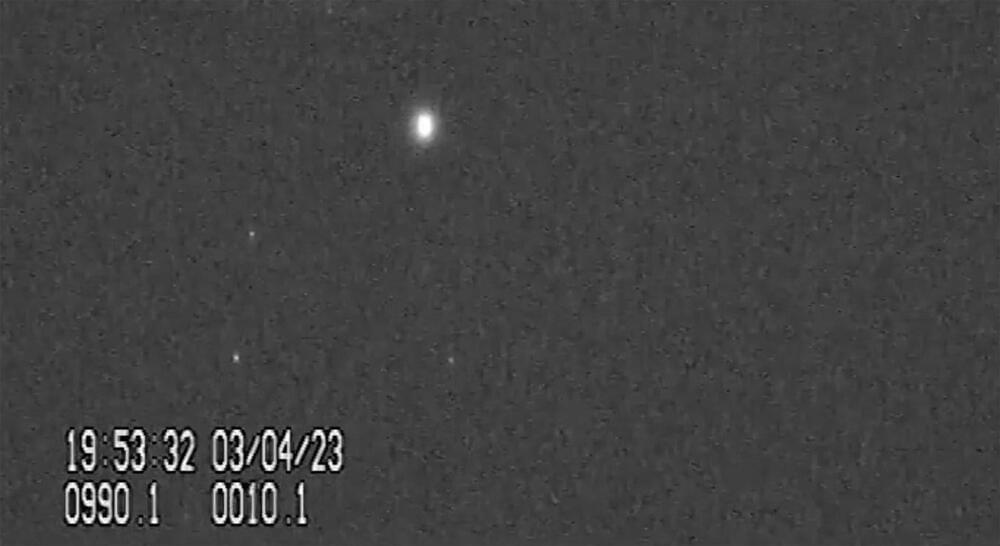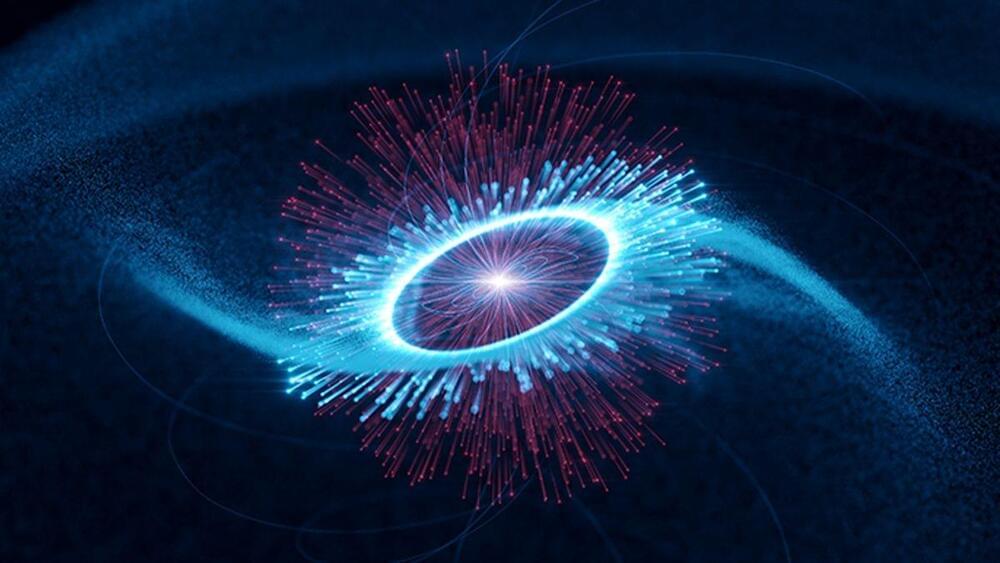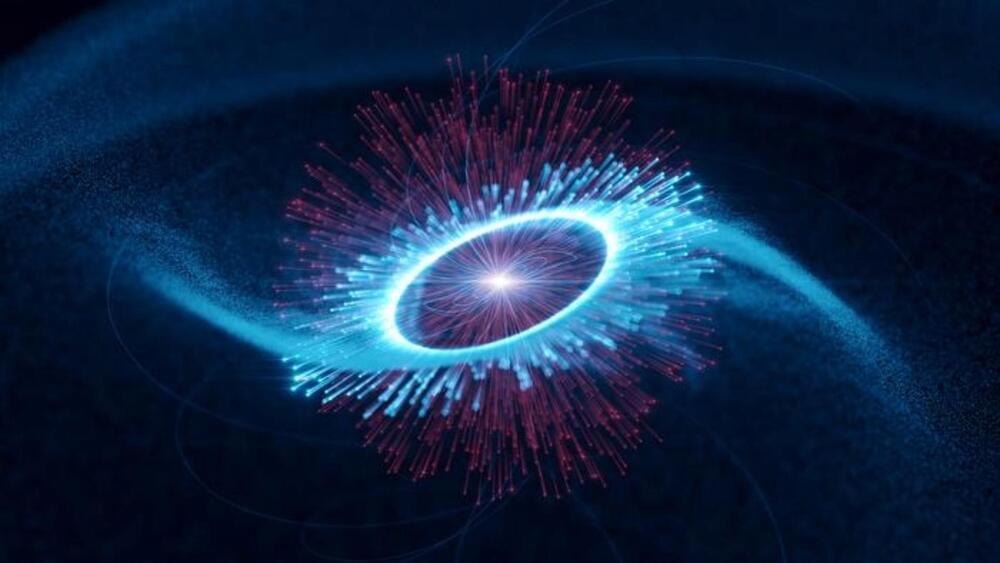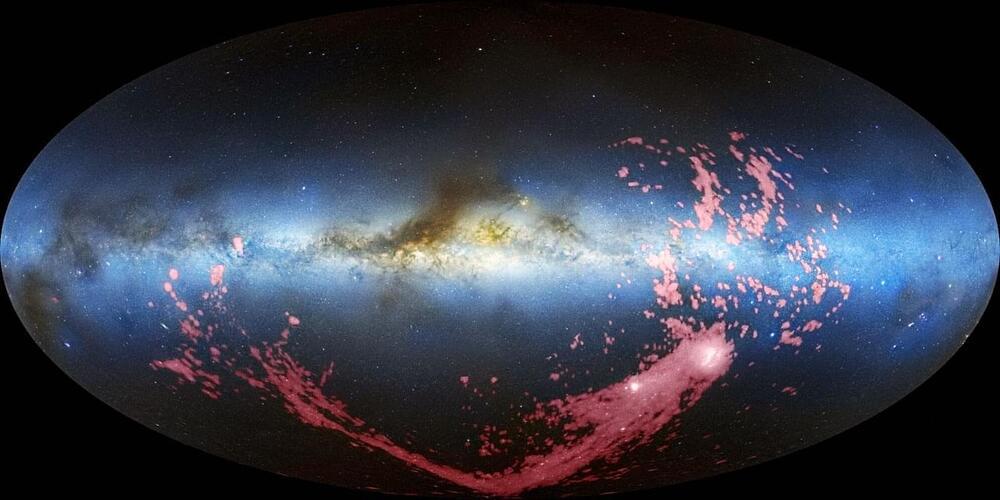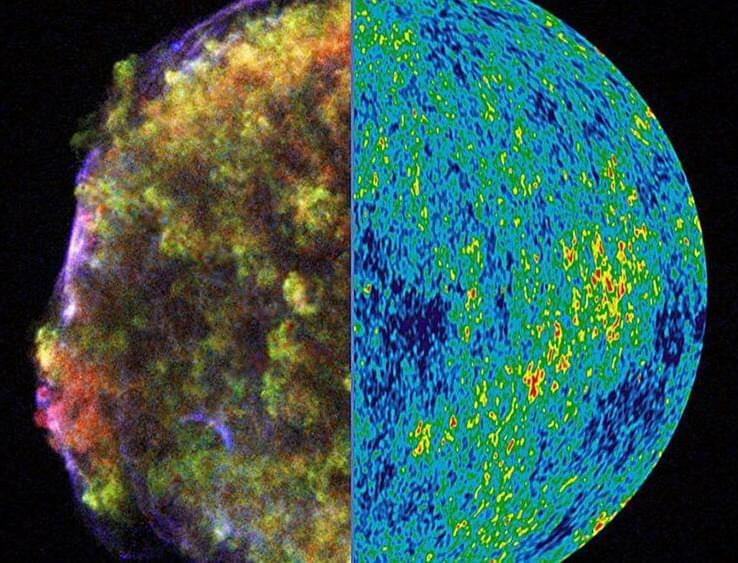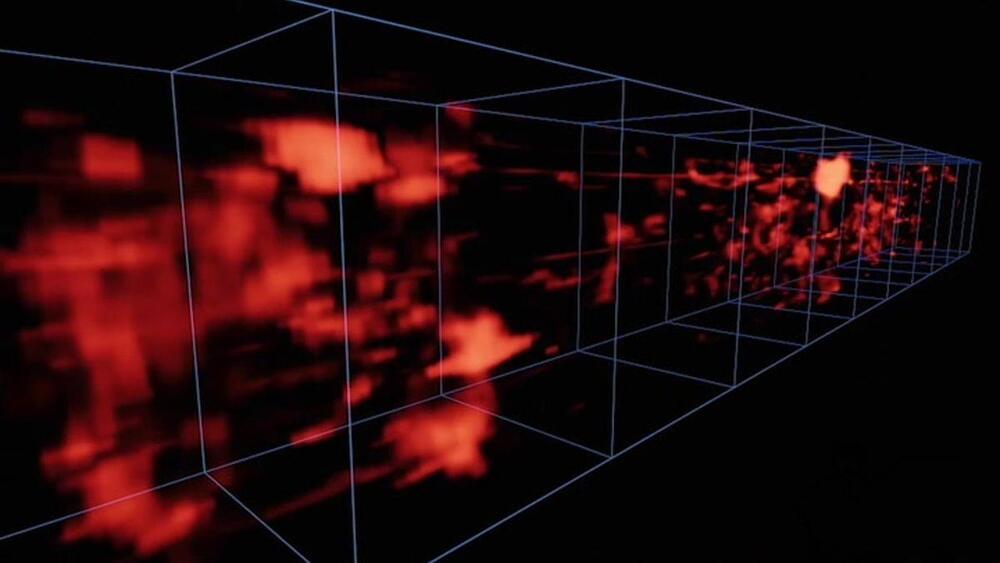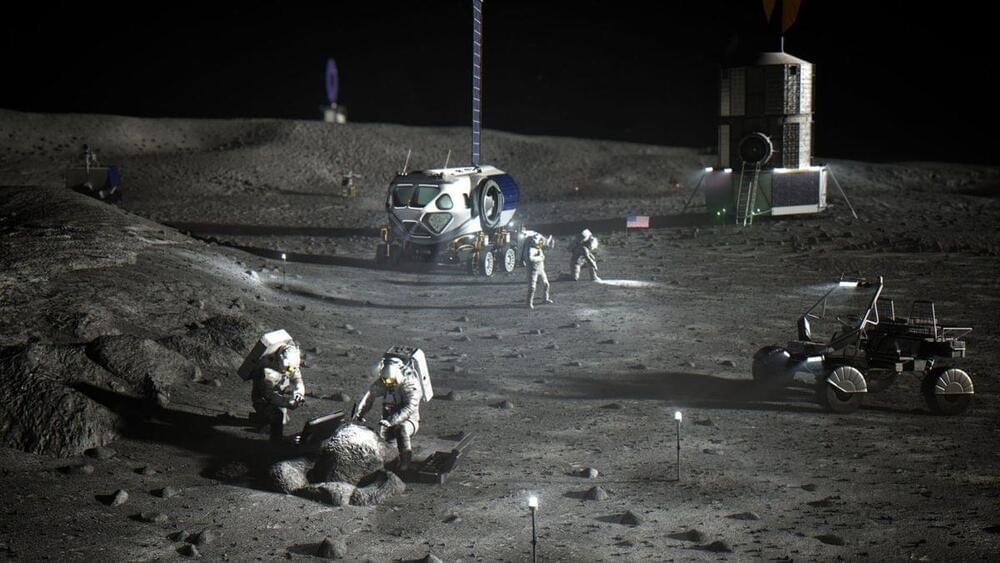That looks promising. 90% accuracy isn’t bad. Now the trick is getting there though we have options on our own solar system possibly. You never know until you try. I doubt we’ll find high level life remnants but perhaps something much less like at most insect level but more likely microbial. I’m just guessing of course.
A team of scientists supported in part by NASA have outlined a simple and reliable method to search for signs of past or present life on other worlds that employs machine learning techniques. The results show that the method can distinguish both modern and ancient biosignatures with an accuracy of 90 percent.
The method is able to detect whether or not a sample contains materials that were tied to biological activity. What the research team refers to as a “routine analytical method” could be performed with instruments on missions including spacecraft, landers, and rovers, even before samples are returned to Earth. In addition, the method could be used to shed light on the history of ancient rocks on our own planet.
The team used molecular analyses of 134 samples containing carbon from abiotic and biotic sources to train their software to predict a new sample’s origin. Using pyrolysis gas chromatography, the method can detect subtle differences in a sample’s molecular patterns and determine whether or not a sample is biotic in origin. When testing the method, samples originating from a wide variety of biotic sources were identified, including things like shells, human hair, and cells preserved in fine-grained rock. The method was even able to identify remnants of life that have been altered by geological processes, such as coal and amber.
